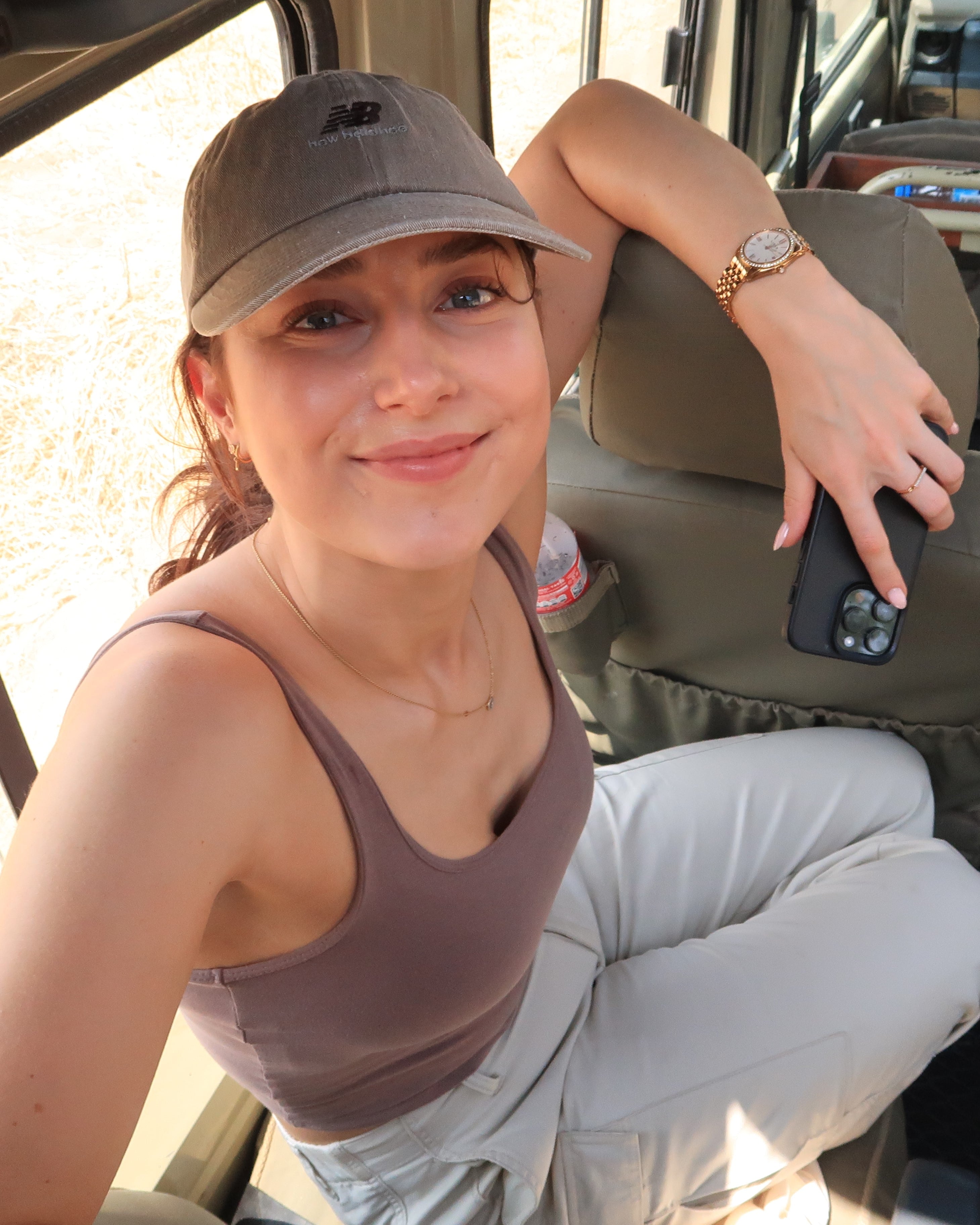Sophie was diagnosed with arrhythmogenic cardiomyopathy (ACM) in 2023. Sophie has shared how she maintains a healthy lifestyle alongside her condition and her plans for the future.
The Diagnosis

In December 2022, I woke up in the middle of the night with tightness in my chest. This soon passed and I went on the next day as normal, even going to a spin class. The following night, I woke again at 2am with severe chest pain, shortness of breath, dizziness and nausea. I was otherwise a fit and active 25-year-old woman with no history of heart problems.
After an emergency trip to A&E, followed by a week-long stay, I was diagnosed with myocarditis (inflammation of the heart muscle). I remained weak and barely able to walk across a room for weeks. Between spells of improvement, over the following months I experienced recurring myocarditis, often developing chest pains if I walked a little too far that day.
Since my doctors were unable to find the cause of the myocarditis, it was recommended I undertake genetic testing for suspected arrhythmogenic cardiomyopathy (ACM). I met with a genetic counsellor who explained the testing process to me and helped me draw up a family tree. After a quick blood test, it was a waiting game to get my results. Given concerns that I was at risk of a cardiac event, my tests were fast-tracked and eight weeks later in April 2023 I received the results, confirming genetic ACM caused by a fault in the DSP gene. I have no known family history of cardiomyopathy – although my immediate family members are currently undertaking genetic testing.
Living with cardiomyopathy

I didn’t consider myself as someone at any significant risk of developing a heart condition, as I have always lived an active and healthy lifestyle. I had no reason to suspect I may be at risk; however, I now know that at the first sign of chest tightness I should have sought immediate medical attention.
If I’m honest, I was devastated following my diagnosis. Being diagnosed with a long-term heart condition at such a young age was a daunting prospect. I felt scared for the future and how it would impact my lifestyle and activity levels.
Patients with ACM are generally advised against any moderate to intense exercise. Prior to my diagnosis, I was spending most days doing some combination of weightlifting, spin classes, high intensity interval training (HIIT) and walks, and I feared how the diagnosis would limit my ability to do the activities I loved. Whilst I tried my best to remain positive, in moments where I faltered I would frustratedly wonder, ‘why me?’.
Being under instruction to maintain a low to moderate heart rate in any activity - therefore deeming my beloved spin classes a definite “no-go” - exercise looks a little different for me than it used to.
For now, after trying difference pacing methods, I have found a balance of weightlifting 3 times a week and going on long, gentle, flat walks works well for me and doesn’t trigger any symptoms. This may evolve over time depending on how my condition progresses, but I am eternally grateful to still live an active lifestyle, even if less intensely so compared to pre-diagnosis.
As I look ahead to starting a family of my own, I am very conscious that I have a 50% chance of passing on the genetic defect to any children I have, as well as the strain that pregnancy would put on my heart. I am a strong candidate for pre-implantation genetic testing (a special type of IVF which tests the created embryos for specific genetic conditions), offered via the NHS for ACM. This would certainly be a longer and more complicated route than I envisaged for myself, but it is incredible that the technology is available.
I am human, so feelings of fear and frustration do crop up from time to time. However, above all of that I feel overwhelmingly grateful. Grateful that my condition was discovered in time, that I can still be active, and that there are services available to enable me to start a family. Grateful that medical advances and public healthcare has meant I have a device in my body which could save my life if needed. Grateful that I have incredibly supportive loved ones by my side, and that I get to marry the love of my life next month, who has been my absolute rock throughout all of this. Finally, I am grateful for wonderful charities like Cardiomyopathy UK, who provide community, invaluable information and resources, and funding to life-changing initiatives for patients and loved ones.
Keeping active with cardiomyopathy
Making sure you find the right exercise level suitable for you is important, but everyone experiences their condition and the effects of exercise differently. We recommend you speak to your cardiologist or GP before taking on activities.